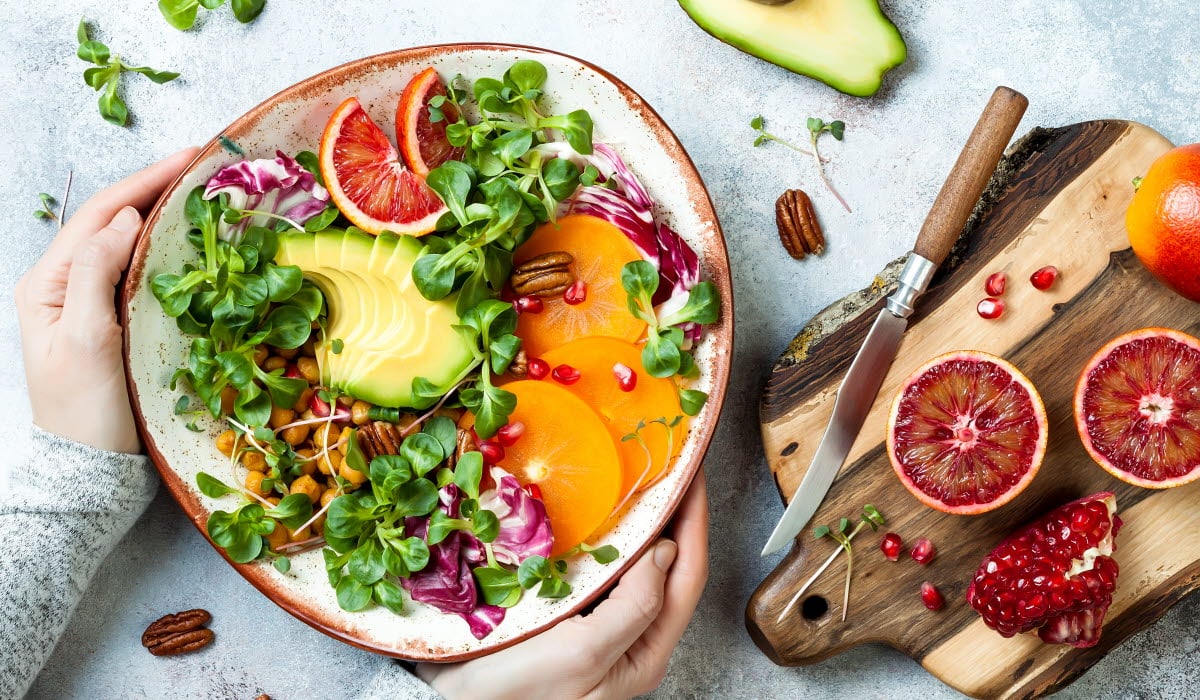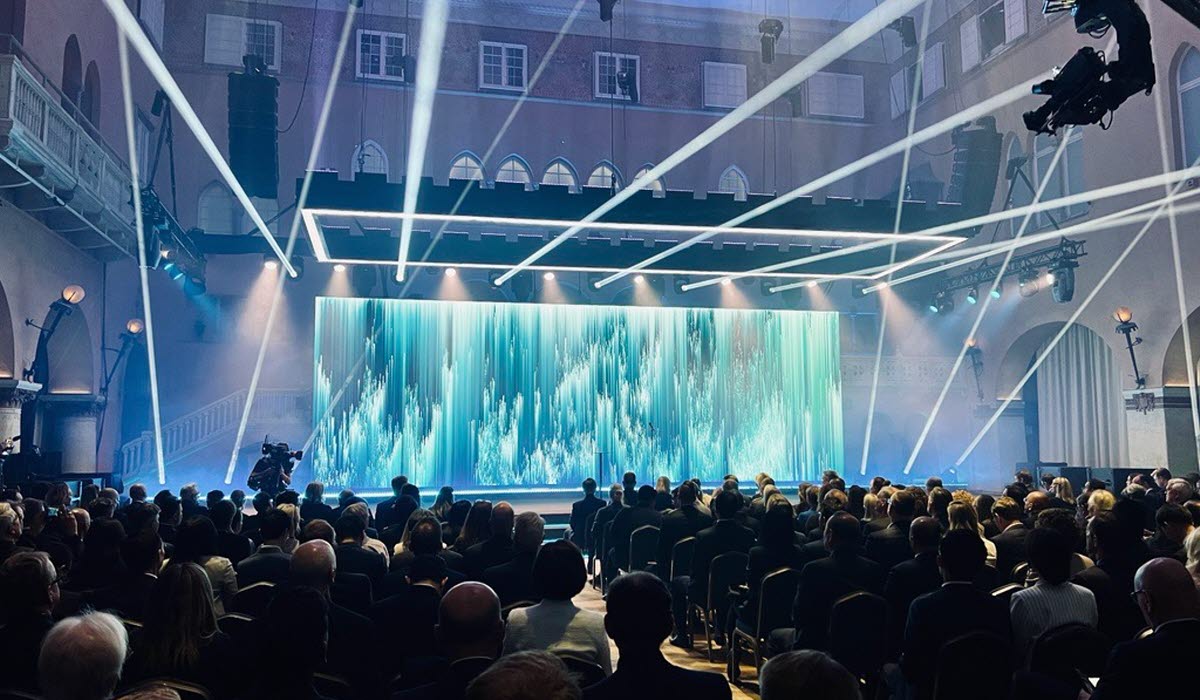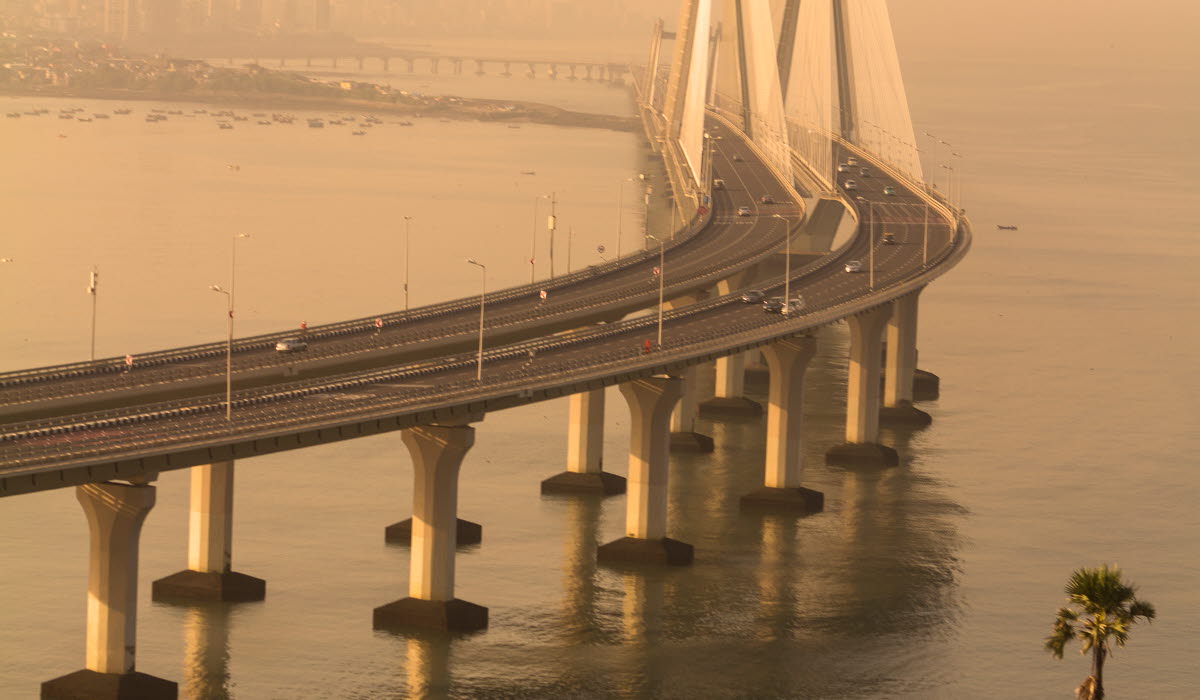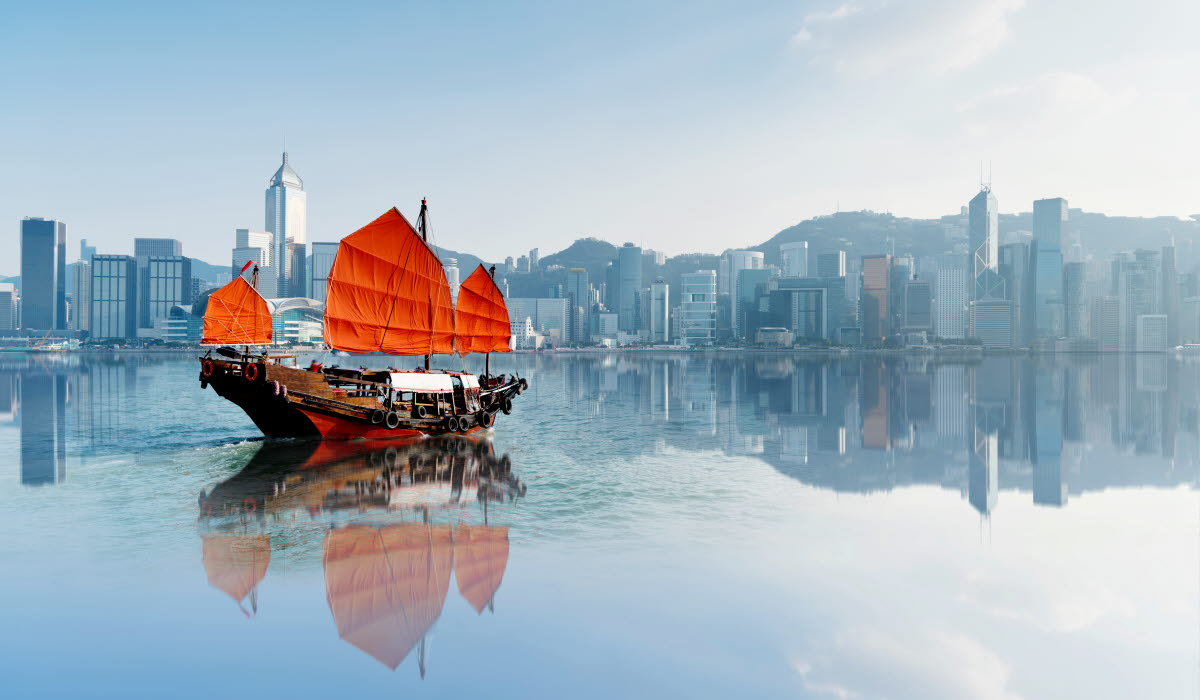Operations and partnerships in India
EQL Pharma does not operate its own manufacturing facilities or sales offices in India. Instead, India plays a strategic partnership role in EQL’s supply and product development chain.
Business Sweden in India started a project with EQL Pharma, helping them with company registration. Shortly after that, Rupa had a meeting with CEO Axel Schörling and COO Martin Kristofersson in Bangalore to discuss EQL Pharma’s growing collaboration between its Swedish headquarters and Indian operations, which underscored the importance of effective cross-cultural understanding. Rupa then proposed a project with the objective for Business Sweden in India to assist EQL Pharma with a cross-cultural workshop to foster collaboration between their India team and Swedish headquarters.
Key assessment areas to support EQL Pharma were:
- Increase cultural awareness – for both teams in India and Sweden to understand social norms, values, and workplace expectations.
- Promote empathy and collaboration – build a foundation for stronger interpersonal connections and mutual respect.
- Improve communication – equip participants with practical tools to navigate cross-cultural interactions more effectively.
- Support EQL Pharma’s global strategy – enable smoother day-to-day cooperation and align teams in both countries for long-term success.
The deliverables were two cultural workshops: the first for the India team in New Delhi on 28 August 2025 and the second for the Swedish and European teams in Croatia on 26 September 2025. Business Sweden was responsible for both developing the workshop material and conducting the sessions.
Client interview
What made you reach out to Business Sweden in India for a cultural workshop?
Before the workshop, we experienced some challenges in aligning ways of working between our European and Indian teams. With several colleagues from different nationalities working together in India, differences in communication styles and expectations occasionally created gaps in coordination. It was more about small misunderstandings that could slow us down.
What outcomes have you observed since the workshop, and how has it impacted EQL Pharma’s culture and operations?
The workshop helped us understand different cultural perspectives and find practical ways to adjust with each other. We now have a better grasp of the cultural nuances that shape how we collaborate, along with tools to navigate them in our daily work. Since then, the communication within the EQL team in India and Sweden has become easier and the teamwork more natural. We have noticed smoother and more efficient collaboration, quicker decisions, and a stronger sense of connection across teams. It has been a positive step in building one company culture across markets.
What makes Business Sweden’s services stand out compared to other alternatives? What impressed you the most about the support provided?
Business Sweden’s approach was well-structured and tailored to our organisation’s needs. What made a difference was that Business Sweden really understands both Sweden and India. This combination made the workshop feel highly relevant and credible. Business Sweden managed to translate cultural insights into everyday examples and situations that our teams could immediately relate to and act on. The sessions combined insights with interactive exercises, making the learning experience engaging and actionable.
Any reflections/advice you would like to share with other Swedish companies working across markets?
When you operate across geographies, culture becomes a key part of business performance. Taking the time to build mutual awareness and trust improves collaboration and drives long-term performance. For us, this workshop was a practical way to strengthen our foundation as we continue to grow internationally. We would highly recommend similar initiatives to Swedish companies expanding in foreign markets.
About EQL Pharma
EQL Pharma AB is a Swedish pharmaceutical company founded in 2006 and headquartered in Lund, Sweden.
- The company specialises in generic medicines, particularly niche generics – products with limited competition even after patent expiry.
- EQL’s main markets are the Nordic countries (Sweden, Denmark, Norway, and Finland), with a growing presence in other parts of Europe.
- The company does not produce in-house; instead, it relies on contract manufacturing through partners mainly in Europe and Asia, including India.
- Its strategy is to identify generic drugs with small but stable markets, ensuring higher margins and less direct competition.
- Financially, EQL has shown strong growth – for example, in its 2024/25 fiscal year, the company reported around 41% revenue growth compared to the previous period.









